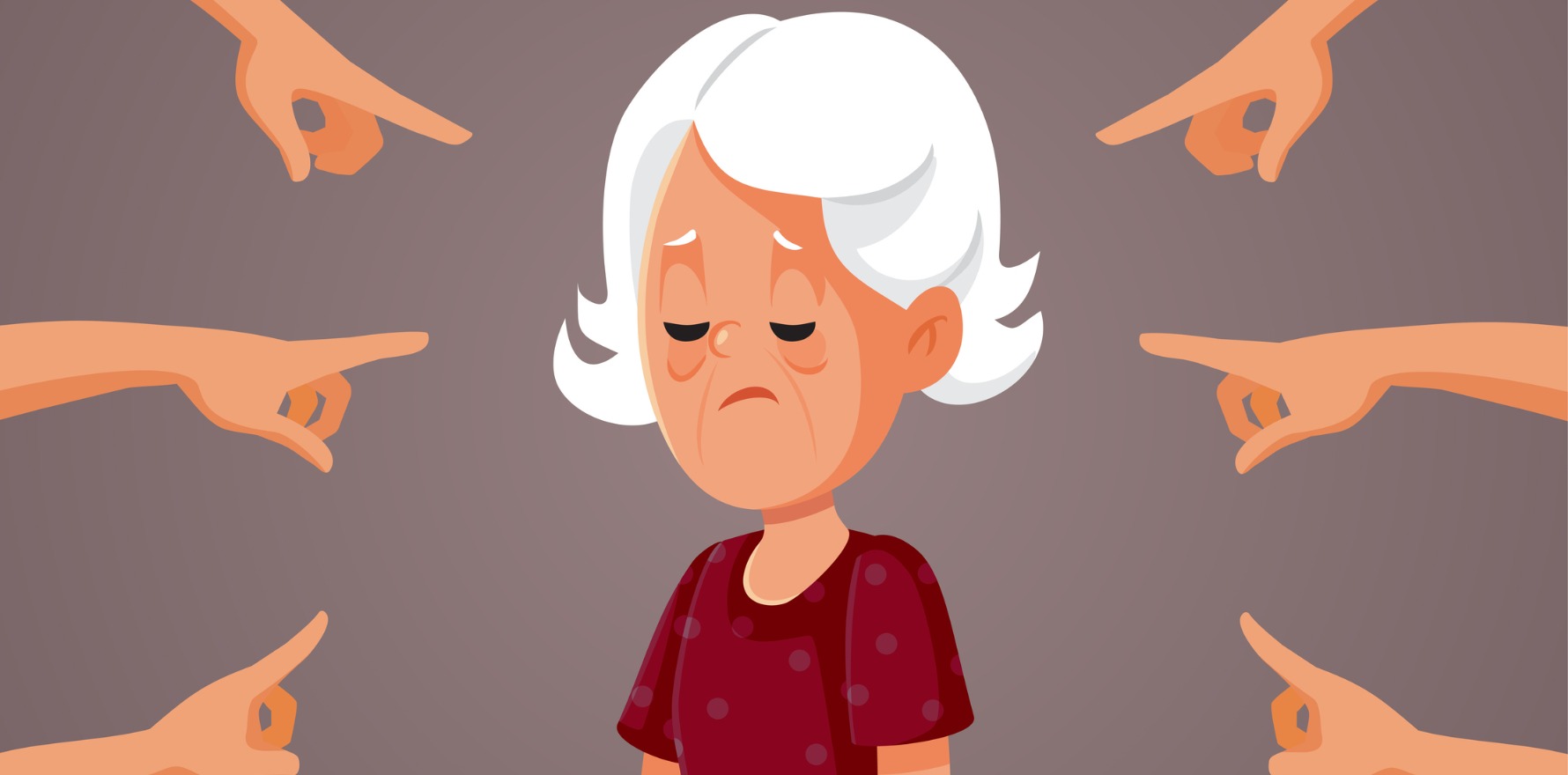It’s still unclear whether some of the approaches outlined by the board meet definitions of age-related discrimination.
The medical board will need to tread carefully if it introduces any kind of health check for doctors aged 70 and older, both ACRRM and the AMA have warned.
The AMA even went so far as to question the legality of the proposals.
The prospect of mandatory health checks for older doctors has been on the cards for several years but was quietly shelved during the all-hands-on-deck phase of the pandemic, with doctors encouraged to delay retirement or return to practice.
It came back with a bang this year, with AHPRA and the Medical Board of Australia abruptly opening a consultation on the topic in early August.
There are three options on the table: keeping the status quo; “extensive and detailed” fitness to practice assessments; or GP-run general health checks to “support early detection of concerns”.
That consultation has now closed.
The medical board has already indicated that its preference is option three, general health checks.
In their respective submissions, the AMA put its support behind general health checks, while ACRRM didn’t so much support one proposal as entirely reject fitness to practice assessments as outlined in option two.
The RACGP has not publicly released its submission to the consultation yet.
Qualifying that it “absolutely rejects any models of revalidation”, the AMA said it recognised that age-related changes in hearing, vision and neurocognitive abilities could affect patient care.
“We believe that older doctors, in consultation with their own general practitioners, should be able to make appropriate decisions about their lifestyle, health status and working conditions,” association vice president Professor Julian Rait told The Medical Republic.
“A simplified version of [the third] option, which involves just regular health checks with a usual doctor, is what we would prefer.
“We don’t support cognitive testing and prefer any health assessment to be of a general nature.”
The AMA also recommended that the findings of any health assessment stay confidential between doctor and patient except in extreme circumstances.
It called for a comprehensive post-implementation education campaign that would reassure older doctors, but at the same time acknowledged the failure of the regulator’s education campaign to assuage concerns about mandatory reporting.
“We don’t want to have a situation repeating like we’ve had with mandatory reporting, where doctors with genuine issues with mental health or otherwise might feel some reticence to engage with their usual practitioner for fear of being reported,” Professor Rait said.
“And we would want to make sure that the board made it absolutely crystal clear that that this is about supporting doctors in continuing to practice, not about trying to punish them or create unnecessary barriers to them remaining in the health workforce.”
This may be a hard sell.
Professor Rait acknowledged that doctors, especially those who felt compelled to put off retirement or re-enter the workforce during the pandemic, have felt stung by the proposal of health checks.
“Generously, many older doctors returned or at least deferred retirement [during covid], much to the gratitude of the country and the community,” he said.
“And now that gratitude seems to have waned.”
To that end, the association has questioned the board on whether its proposals represent a form of ageism.
“We’re concerned, as I’m sure many older doctors are, about whether this might cross a line into age discrimination,” Professor Rait said.
“And we’ve encouraged the board to seek legal advice and explain whether or not some of their models might be a form of discrimination.”
The exact legislation at play would be the Age Discrimination Act (2004), which protects from discrimination on the basis of age in a range of areas including employment and education.
The AMA also questioned whether AHPRA had the power to set a registration standard for a subset of the profession based on a shared characteristic like age.
Related
ACRRM’s submission, meanwhile, warned that mandatory health checks may have an outsized effect on the rural health workforce, which already skews older.
“We don’t believe that a detailed fitness-to-practice health assessment of doctors is necessarily the right or best way to approach [this],” rural college president Dr Dan Halliday told TMR.
“We do support our members to maintain good health and it’s good practice for every doctor to have their own GP.
“There are some principles at play which are supported in the broader sense.”
One of the big dangers, according to ACRRM, is that the nature and frequency of compulsory health checks – assuming they would have to be in-person – would be a catalyst for older doctors to retire altogether.
“There should not be an onus on our late career doctors to have to travel and pay out-of-pocket for any appropriate health assessments that might need to be undertaken,” Dr Halliday said.
The effect of a doctor retiring in a regional town where the medical workforce is already thin on the ground tends to be felt acutely by the community, the rural generalist said.





